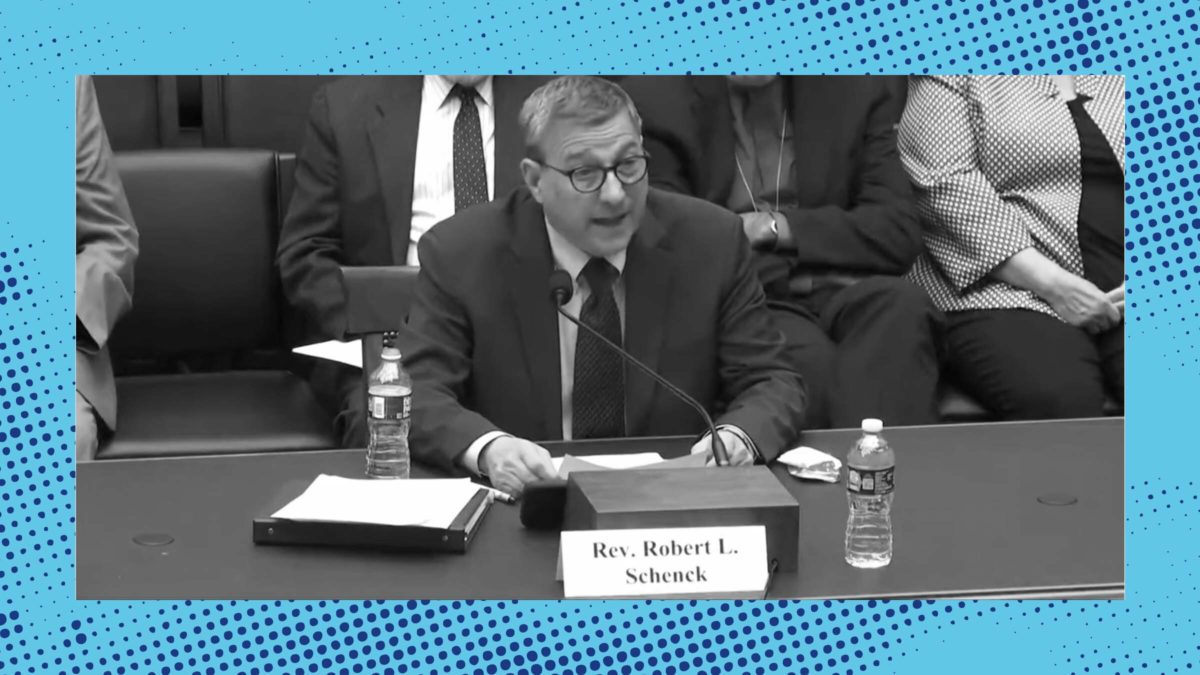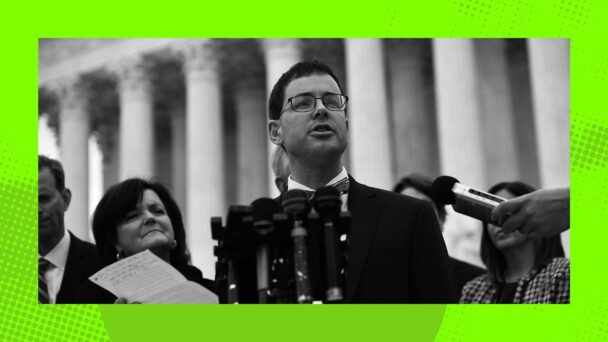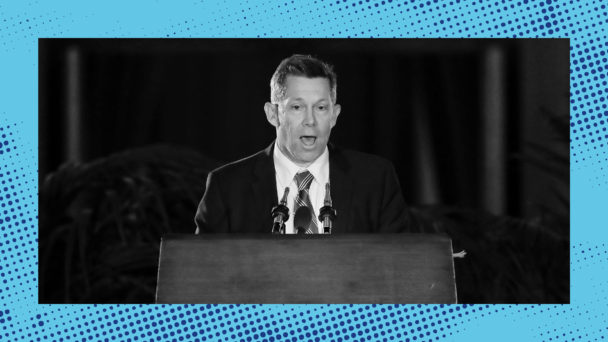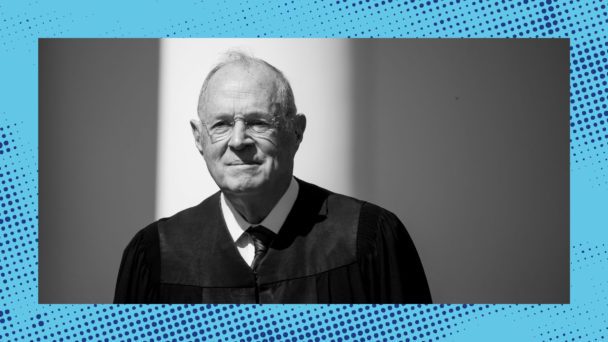Former anti-abortion activist Rev. Rob Schenck is repenting, so to speak. Last week at a House Judiciary Committee hearing, he testified as a whistleblower about the decades-long influence campaign—“Operation Higher Court”—that he and other far-right religious zealots waged on the Supreme Court. “I believe we pushed the boundaries of Christian ethics,” said Schenck.
The House Judiciary Committee held the hearing to explore ethics reform proposals for the Court in light of the explosive New York Times reporting about Schenck’s campaign. His testimony showed how remarkably easy it was for a group of wealthy conservative Christians to ingratiate themselves with the justices.
WATCH: Whistleblower Rev. Robert Schenck describes how his decades-long influence campaign, aimed specifically at Supreme Court justices, successfully and intentionally exploited the high court’s lack of meaningful ethics and transparency rules. pic.twitter.com/7Gfvlj4sMr
— House Judiciary Dems (@HouseJudiciary) December 8, 2022
Part of that ease is due to the Supreme Court’s lack of an ethics code. It is the only government entity that is not bound by one. Both the executive and legislative branches have internal ethics committees or offices that enforce financial disclosure requirements and limitations on gifts, trips, speaking engagements, travel, and other monetary benefits that members receive from lobbyists. The Judicial Conference, the policymaking body for federal courts which Chief Justice John Roberts leads, sets out the code of conduct that binds other federal judges. But no such analogue exists for the justices themselves.
Actually, there are very few official constraints on the justices’ behavior. The Constitution guarantees the justices’ lifetime appointments so long as they exhibit “good behavior”—an undefined concept open to wide interpretation—and otherwise don’t get impeached. For years, legal scholars have called on the court to adopt an ethics code, particularly as public opinion of the Court has tanked in the wake of scandals, like Justice Clarence Thomas refusing to recuse himself from cases touching on his wife’s involvement with the January 6 insurrection. But Roberts has repeatedly swatted down those proposals. In the Court’s 2011 end-of-the-year report, he wrote that Congress doesn’t have the authority to impose an ethics code on the justices and claimed that “every Justice seeks to follow high ethical standards,” anyway.
In the absence of formal rules, Schenck claimed he took advantage of the gray areas of appropriate conduct towards the justices. Through his nonprofit, Faith and Action, he held orientations for wealthy activists interested in cozying up to members of the Court. Schenck’s overarching goal, he said, was to “create a circle of people around [the justices] that would literally thank God for them and assure them of prayerful support” during a time when he felt that “the conservative members of the Court were beleaguered, routinely maligned, and insulted in the media… and needed some shoring up.”
Schenck said that he felt motivated to gain influence over the Court after multiple justices testified in their confirmation hearings that they regarded Roe v. Wade as settled law. He and other conservative Christians worried that outside forces would work to “intimidate” the conservative justices from “coming after Roe.” Schenck shared that he knew his efforts were successful when several of the conservative justices invited his “stealth missionaries”—the wealthy evangelical activists trained by Faith and Action—to their chambers with increasing frequency.
Justice Clarence Thomas, he said, commended his efforts and encouraged him to “keep up what you’re doing” because “it’s making a difference.”
Schenk: Justice Thomas commended me saying something like keep up what you’re doing, it’s making a difference pic.twitter.com/rp5GNBKyWd
— Acyn (@Acyn) December 8, 2022
For more than two decades, Operation Higher Court ran without interference. And the only reason we know about it is Schenck’s change of heart. Still, even after the public scandals of the Dobbs v. Jackson Women’s Health Organization and Burwell v. Hobby Lobby Stores leaks, Roberts has defended the Court’s integrity and dismissed critics, saying at a judicial conference in September that disagreement with an opinion” is not a basis for questioning the legitimacy of the Court.” The Supreme Court’s legal counsel also stood by Justice Samuel Alito’s claim that he didn’t leak the Hobby Lobby opinion to conservative Christian megadonors, essentially asking lawmakers to accept Alito’s word at face value. If Roberts is worried about the waning legitimacy of the Court, he isn’t communicating that to the public.
House Rep. Hank Johnson (D-GA) has proposed a solution in HR7647, a bill that would order the justices to create a binding code of ethics for themselves and provide guidance regarding the justices’ case recusals and financial disclosures. But the Court has already adamantly resisted formalizing a binding ethics code for itself. To actually change the status quo, Congress needs to introduce a bill that deals with the reality of today’s Court. One simple solution: holding justices to the same code of conduct that binds the lower courts, which requires that judges avoid even the appearance of impropriety. Multiple justices have already crossed that threshold. Formally holding the justices to that code of conduct might prompt them to actually follow it.
As Don Sherman, of the watchdog group Citizens for Responsibility and Ethics in Washington, testified last week, the current Court is either “too oblivious” to understand the danger posed by a lack of an ethics code, or “too arrogant to address it.” Any meaningful ethics reform of the Court will likely have come from outside the institution.




